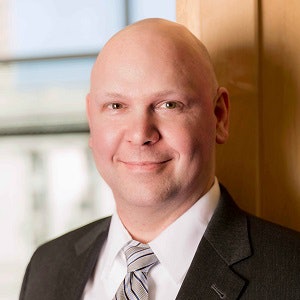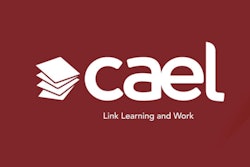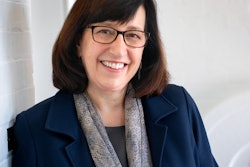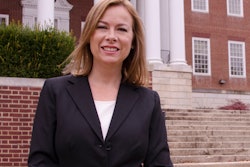As all sectors of society grapple with life under COVID-19, high school seniors planning to attend college in the fall are not only concerned about staying healthy, they’re now faced with numerous uncertainties about if, when and how classes will begin.
Two recent national surveys conducted in March found that the coronavirus pandemic was causing some prospective college students to reassess their previous decisions about college for financial and logistical reasons.
Research by the Baltimore-based Art & Science Group and Alexandria, Virginia-based SimpsonScarborough show that college-bound students are not confident they will attend the first choice of school and some are unsure if they would attend a four-year institution.
“In the wake of COVID-19, prospective students believe that their choices will likely become more restricted,” states the Art & Science survey, “Impact of the COVID-19 Pandemic on College-Going High School Seniors.” “These concerns seem to stem from a number of factors, first and foremost among these, financial.”
 Craig Goebel
Craig GoebelThe Art & Science researchers found that “a disturbing number of the prospective students (one in six of our 4-year college-bound respondents) appear to be near the point of giving up on the idea of attending a 4-year college or university as a full-time student in the fall.” Researchers also noted that 17% of the 487 responders said they would definitely or most likely change their plans to attend a four-year institution on a full-time basis this fall and instead would like to take a “gap year” or enroll in a part-time program.
The SimpsonScarborough group’s report, “Higher Ed and COVID-19,” found that about one-fourth of the 573 high school seniors in its survey who had already selected a college said they were likely to change their minds, or they said it’s “too soon to say” if they would change their minds about where they would attend school this fall.
Both of the surveys were taken in March and the results released around the end of the month. “We’re planning on revisiting it around May … so that we can make some comparisons,” Craig Goebel, a principal with Art & Science,” told Diverse, adding that the initial survey was conducted as a result of requests from educational institutions. “When the pandemic started to hit, we were getting a lot of calls from institutions and administrators, and we, ourselves were [noticing] this seems bigger than just a seasonal flu.”
Due to the rapidly changing conditions, Goebel said, “We developed the survey in a couple of days, we fielded it in four days and published it a couple of days later. It was all done with timing in mind.”
The SimpsonScarborough researchers noted in their report that the shifting circumstances surrounding COVID-19 will likely result in different outcomes in future weeks.
“Families likely aren’t yet feeling the full financial implications of COVID-19 and its effect on the economy,” they stated. “As the pandemic progresses and students and families become more aware of their new reality, we expect more of them may start considering alternative options for their future education or even reconsider the feasibility of attending a traditional, 4-year college/university at all.”
Dr. Khalilah Harris, managing director for K-12 Education Policy at the Center for American Progress, told Diverse that high school seniors from low-income families and those who are first-generation college enrollees are being severely impacted by the COVID-19 turmoil. “These students have been mentally preparing for this point in their lives and are now experiencing grief and trauma,” Harris said.
 Dr. Khalilah Harris
Dr. Khalilah HarrisShe added that “a large group of young people could be locked out” because current systems aren’t prepared to meet the needs of “the new normal.”
Harris suggested that institutions at the school and college levels need to work together on innovative solutions. She said, “It’s going to be critical for high school and college access specialists and guidance counselors to work with their districts to make sure there is a bridge” to help students and their families navigate the process.















